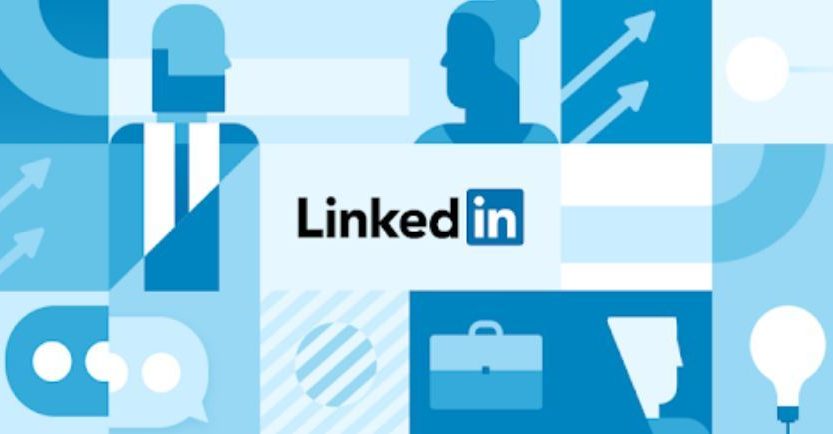The average consumer is inundated with hundreds of ads every day. Advertisements have gotten so prevalent that they have become just white noise to most shoppers. This is why personalization is now more crucial than ever before. If your ad is not customized to show what a particular shopper wants, then your offer is as good as invisible.
LinkedIn intends to change all that with its Dynamic Ads.
How LinkedIn Dynamic Ads Work
Dynamic ads are essentially banners that change automatically. Also called dynamic banners or dynamic creatives, they adapt promotions and content to suit a specific user. This ensures that each user or customer sees ads that are targeted to their needs.
Numerous companies have used dynamic ads to great success. Facebook has also been pushing these ads on its platform. Now LinkedIn is also offering its clients the same.
Ayusman Sarangi, LinkedIn’s principal product manager, announced in September that Dynamic Ads will be made available through their Campaign Manager. He added that LinkedIn Marketing Solutions has also made it so that all the network’s vital advertising formats are available through self-service.
Companies can run four types of ads on LinkedIn’s Dynamic Ads campaign:
- Content Ads: Helps you generate leads by prompting and encouraging users to download your content, which is only through the platform’s sales representative.
- Follower Ads: Designed to encourage consumers to follow you, making it quicker to build a following on the platform.
- Job Ads: These connect possible applicants to your site’s job application page.
- Spotlight Ads: Used to promote events, newsletters, products, services, etc. These ads send traffic to your chosen landing page or site destination.
Once you have decided on the kind of ad you want, you can start your Dynamic Ad. First, you go to the Campaign Manager and click on the Create Campaign button. This is found on the page’s top-right corner. Next, Select the Dynamic Ads option. You can create the name of your new campaign on the following screen. Afterward, you’ll need to decide whether to place your new marketing campaign in a new group or place it in an existing one.
Select your preferred language after putting a name to your campaign and choose the format you want based on your campaign’s goal. There are preset texts available but you can opt to make a customized one. You can also choose whether to show the user’s profile image. It’s a good idea to enable this feature as the profile picture will help to grab the customer’s attention.
Ways Your Business Can Benefit from Dynamic Ads
Personalization is crucial in reaching customers, and dynamic ads are a very efficient and effective way of delivering personalized messages. Here are other ways your business can benefit from this type of ads:
Creates FOMO and Pushes for Immediate Action
Dynamic banners can give consumers real-time information. This creates a Fear of Missing Out (FOMO) among shoppers and emphasizes the importance of acting immediately. Plus, showing that you understand the user’s preference proves that you know what they want. In turn, this helps pave the way to a better customer experience even before the shopper makes a purchase.
People Prefer Dynamic Content
Shoppers these days, especially the younger generation, prefer Dynamic Ads to the traditional ones. For one, people are generally more receptive to personalized messages that are tailored especially for them. Customized messages also cut down on the unwanted or intrusive ads. Sarangi says that their Dynamic Ads have resulted in twice the Click-Through-Rate of traditional ads. These ads can also help cut down on cart abandonment. The creative ad that appears could remind you of an item that you wanted to purchase previously but had forgotten about. The ads also allow businesses to improve the customer’s familiarity with the brand. This can lead to higher engagement and conversion rates.
Saves Your Team Time and Resources
Dynamic ads are very efficient. Marketers would only need to design their creative and write their copy once. The platform automatically does the rest of the personalization for the campaign. Pre-built templates make the creative more streamline while data mapping tools provide more customization.
Easily Track Data and Results
Marketers are often concerned with the kind of data their latest campaign will acquire. But a lot of your target audience’s information is already online. Dynamic Ads, however, make it easier to monitor and track their key data. Platforms that have Dynamic Ads, like LinkedIn, also offer analytics and data mining services. The latter is essential in personalizing Dynamic ads. LinkedIn uses member’s profile photo, job title, name, company information and job title to capture the shopper’s attention.
You get more bang for your buck with Dynamic Ads. The highly personalized messages will instantly capture a consumer’s interest. It’s also more affordable and profitable than traditional ads. Brands only pay for ads that were seen.


